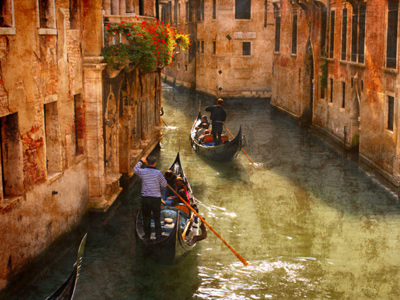
The Merchant of Venice - Context
This Literature quiz is called 'The Merchant of Venice - Context' and it has been written by teachers to help you if you are studying the subject at senior high school. Playing educational quizzes is one of the most efficienct ways to learn if you are in the 11th or 12th grade - aged 16 to 18.
It costs only $12.50 per month to play this quiz and over 3,500 others that help you with your school work. You can subscribe on the page at Join Us
This senior high school English Literature quiz takes a look at context in William Shakespeare's The Merchant of Venice. Setting and context bear many similarities, although context means the environment in which a text is written and a text’s setting is one key aspect of its fictional context. Social issues, geographical location and political events together create the context of any particular text. Authors often respond to contemporary or recent issues in a work of fiction. Personal views also shape the text to an extent and are therefore a component of a work’s context.
Ready for more?
not all...
quizzers. Try to win a coveted spot on our Hall of Fame Page.







